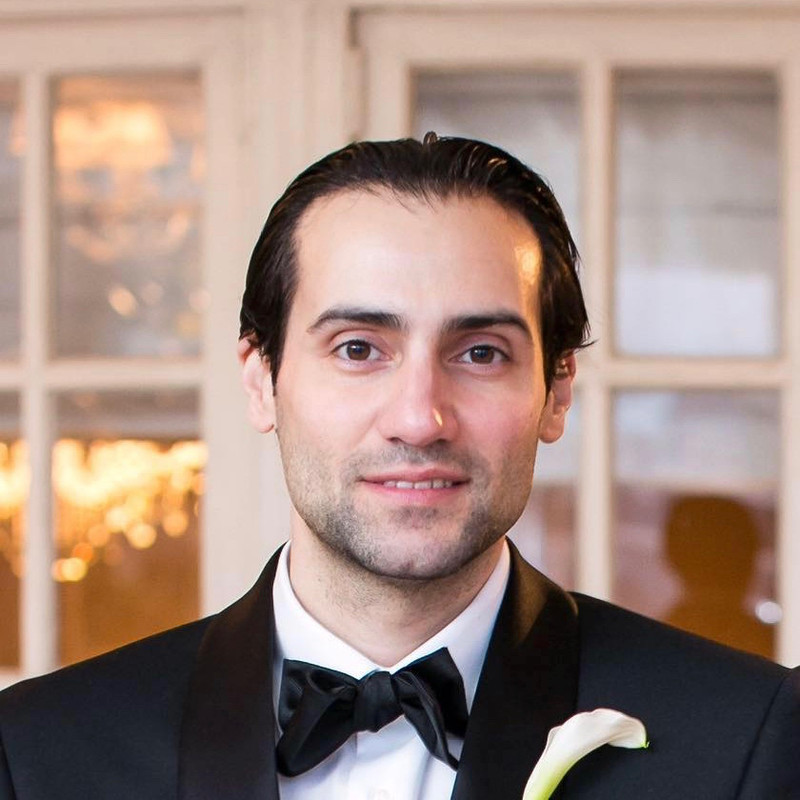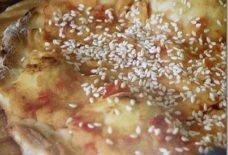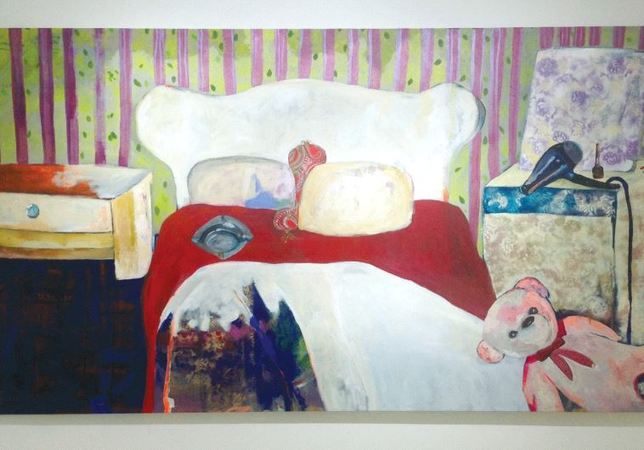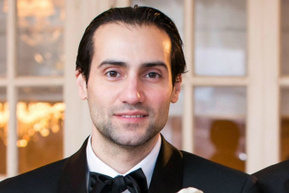
By Allie Conti
VICE
Stanley Vernon Majors was obsessed with the Lebanese American family next door. The Tulsa, Oklahoma, man stalked the Jabaras, called them “dirty Arabs,” and purposefully ran over the family matriarch with his car last year. And on August 12––a mere eight months after that initial felony assault––cops say he succeeded in killing one of them.
On Tuesday, 61-year-old Majors was charged with first-degree murder and a hate crime in the death of 37-year-old Khalid Jabara. The story became national news due to the apparent Islamophobic motive, but for many, the most disturbing part was that the authorities didn’t keep Majors locked up as he waited to go to trial for vehicular assault. Instead, they let him out on bail and sent him straight back to the woman he allegedly tried to murder.
“My family lived in fear of this man and his hatred for years,” the family said in a statement posted to Facebook on August 15. “Yet in May, not even one year after he ran over our mother and despite our repeated protests, he was released from jail with no conditions on his bond––no ankle monitor, no drug/alcohol testing, nothing.”
Haifa Jabara, Khalid’s mother, echoed those sentiments in a statement on Thursday, saying, “We never imagined that a man who had exhibited such cruelty and violence towards us over a five-year period would be released from prison on bond. I felt unprotected and helpless. We did everything we could to keep our family safe and our tormentor was set free. Today my son is gone, and I feel betrayed by a system that I believed in.”
Majors has pleaded not guilty to the murder; a preliminary hearing has been set for October 5.
Major’s ugly grudge against his neighbors had reportedly been simmering for years. By 2013, Majors’s campaign of harassment against the Jabaras was so severe that the mother, Haifa, filed a restraining order, the Tulsa World reported. She told authorities Majors knocked on her windows late at night, sexually harassed her, and made racist remarks. Khalid Jabara, her now-deceased son, also issued a protective order against Majors in early 2015, saying he had left notes on the Jabara house and even vandalized its interior.
Majors violated his protective order against Haifa in early 2015 by screaming, “Fuck you, and I want to kill you.” He finished chugging a beer just before officers cuffed him.
“He repeatedly attacked our ethnicity and perceived religion, making racist comments,” Khalid Jabara’s sister wrote on Facebook. “He often called us ‘dirty Arabs,’ ‘filthy Lebanese,’ ‘Aye-rabs,’ and ‘Mooslems.'”
Majors was apparently unaware the Jabaras are in fact Orthodox Christians who came to the United States in the 1980s, as the New York Times noted.
In September, he ran over Haifa with his car, giving her a bevy of injuries including a broken shoulder, a collapsed lung, and fractured ribs. When police found him, he was so drunk that he was urinating through his pants. Although he said that Haifa had jumped in front of his car, and that he fled because he was scared, he offered up a motive that might have something to do with the the fact that he had married a man in December 2014.
“Majors remarked that Mrs. Jabara and her family were filthy Lebanese and they throw gay people off roof tops,” an officer wrote in a report, according to the Washington Post.
The notion that Muslims are inherently homophobic and immigration from majority-Muslim countries should be limited has been advanced by Donald Trump in speeches. “Ever since the Orlando massacre, the far right has been going on and on about how Muslims hate gay people and how liberals wont accept that,” said Mark Potok at the Southern Poverty Law Center. “I think there’s been an attempt to stir up animosity toward Muslims on the part of American gay people.”
No one makes that attempt more explicit than Milo Yiannopoulos, a gay Trump supporter and provocateur who has become infamous for supporting a grab bag of far-right causes. “It’s a significant portion of Muslims who simply find our way of life completely unacceptable,” Yiannopoulos recently told VICE. “It’s become dangerous to be gay in America for one simple reason, and that reason is Islam.”
But if it’s dangerous to be gay in America, it’s also dangerous to be a Muslim, or even hail from a Middle Eastern country, as the Jabaras did. According to the Counsel on American-Islamic Relations (CAIR), in the aftermath of November’s Bataclan massacre in Paris, Islamophobic violence was the highest it had been since 9/11. Specifically, it called out the rhetoric of Trump and then candidate Ben Carson. The advocacy group pointed to six incidents of violence against American Muslims in the days immediately following Paris attacks. Violence against Muslims remains a constant threat: Earlier this month, an imam and his assistant were shot execution-style, allegedly by a 35-year-old janitor from Brooklyn.
“I definitely believe that tragic incident was symptomatic of the overall rise of Islamophobia in our country,” says Ibrahim Hooper, the national communications director at CAIR. “It’s all part of the same package of hate promoted by Trump and Gingrich and Ben Carson.”
A case with eerie similarities to the Tulsa killing is the shooting in February 2015 of three young Muslims by a neighbor who reportedly picked fights with them over their faith. Mohammad Abu-Salha, the father of two of the victims, told Talking Points Memo, “We felt it’s a copycat case… It’s the same story in detail: the angry neighbor, who is racist, bigoted, mad, picking fights for nothing, and then planning his murder on a day when there was no issue or problem or conflict with the family.”
In Major’s case, after he ran over Haifa, prosecutors argued that he was a danger to society. Despite this, he was allowed to post a $60,000 bail and was released. America’s criminal justice system has been increasingly criticized for trapping nonviolent offenders behind bars just because they’re too poor to afford bail, but here is the mirror image of that problem: A violent and clearly disturbed man was allowed to go right back to living next to the family he was fixated on because he was able to buy his way out of jail.
On August 12, Majors knocked on the Jabaras’s window. Khalid, who was home with his father, called 911 and said he had heard his neighbor had obtained a gun, which violated the terms of his release. About 30 minutes later, according to police, Major fired four bullets and killed Jabara. This time, the cops found Majors hiding behind a tree with a six-pack of beer.
“Today, in our pain, we are also keenly aware that this is not just another murder to be added to crime statistics,” Jabara’s sister wrote in her Facebook statement. “Our brother’s death could have been prevented. This is troubling at any time, but profoundly disturbing given the current climate of our country and the increase nationally in cases of hate crimes.”
Source: www.vice.com






